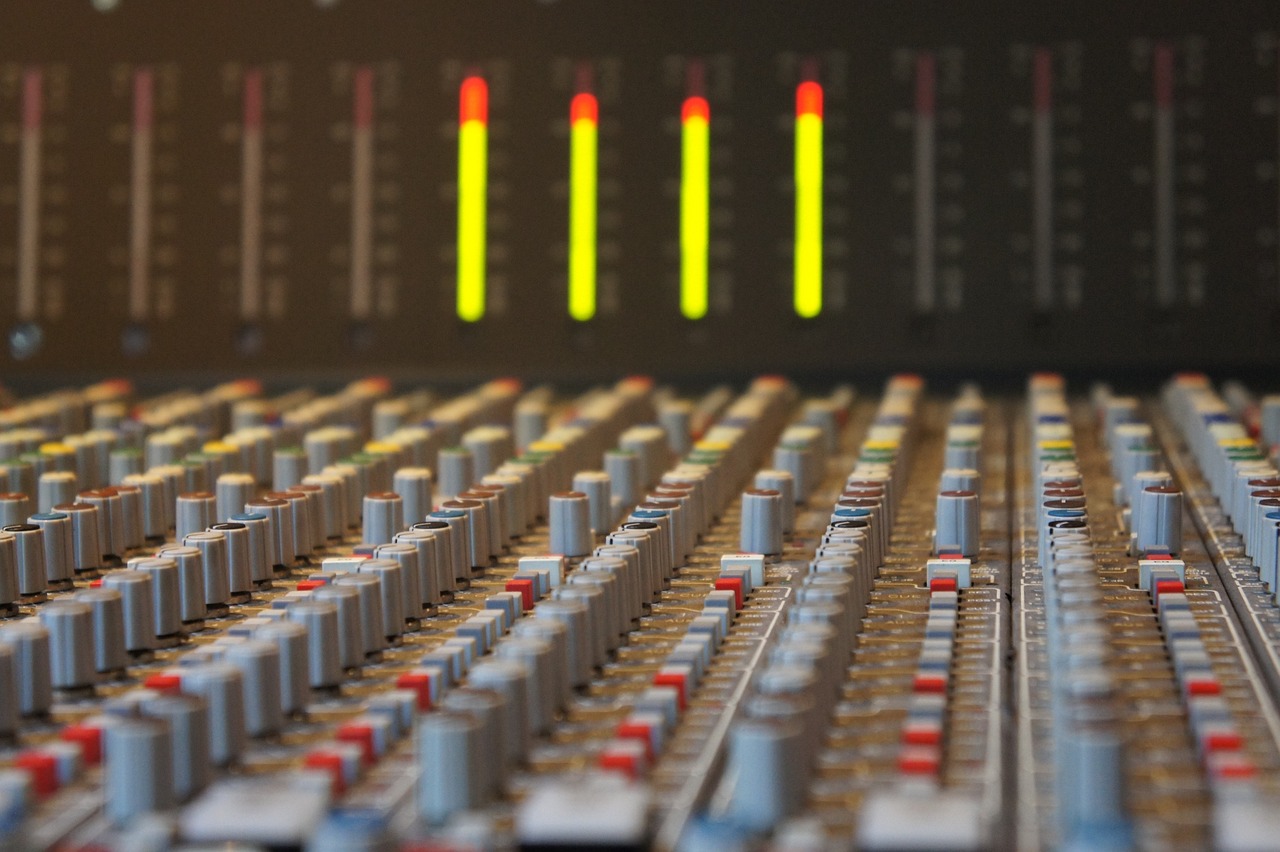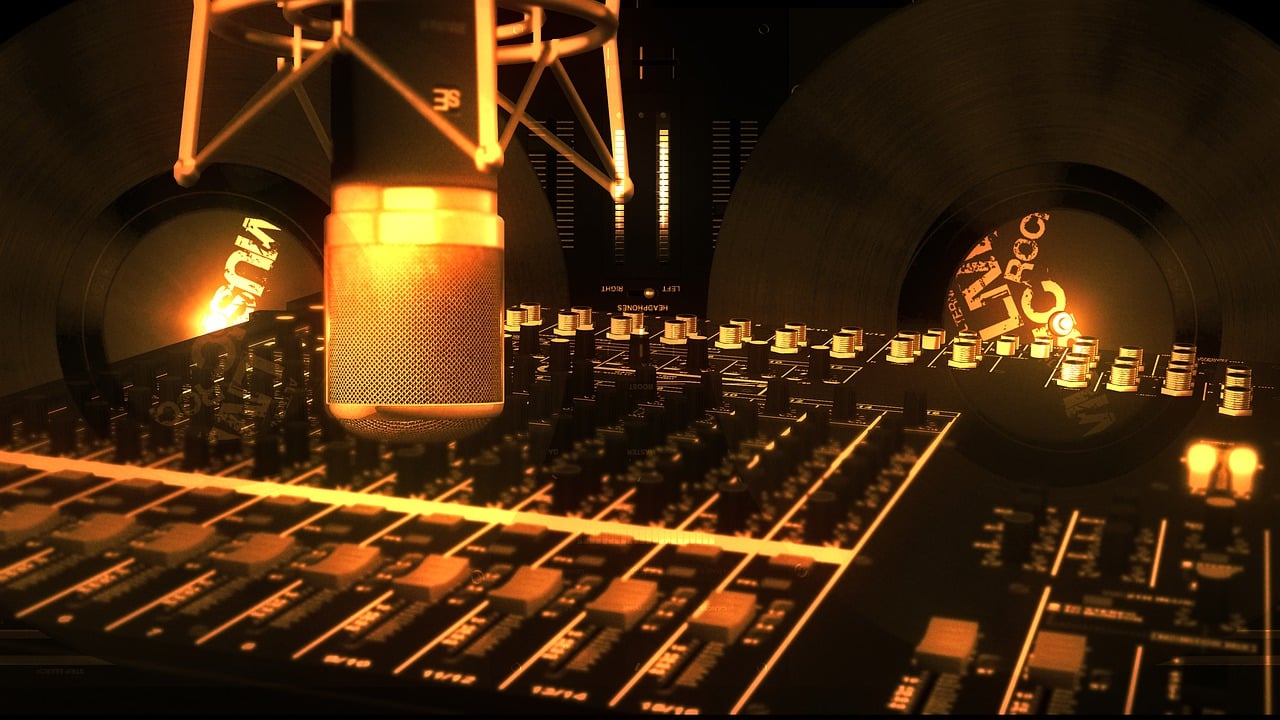
by Jnmarseille13 (June 17th, 2024)
by Jnmarseille13 (June 17th, 2024)

A lot of us have trouble understanding the difference between audio mixing and audio mastering. Very often, when hearing about the topic, you will often hear people talk about these two skills as if it was the same thing. However, mixing and mastering are not the same things, and we’re going to see why…
When you make a song on your daw, you will end up stacking instruments and vocals on top of each other. Very quickly, you will notice that, the more elements you bring, the more you will feel like there isn’t enough room to fit everything, and the sound gets very dirty. Thats’ where mixing comes in. By adjusting volumes, sound frequencies and stereo panning, you will be able to make sure every instrument fits in and sounds clean, no matter how many of them you have.
But that’s not all… Mixing isn’t just about fixing levels… Mixing is also about creativity. By adjusting levels a certain way, adding and tweaking specific sound effects, you can actually give a precise mood to your composition. For example, when one would thing that it’s best to give a lot of space for each instrument to breathe in the mix, others will prefer to get a saturated sound on purpose.
See, mixing is not just a skill… It's an art!
Mastering is the part that comes after mixing has already been done. It is no longer about making edits to the song. The goal is to make sure that the finished mix sounds the same on every single audio system, and that the master volume is high enough to meet industry standards (which is not necessarily always a good thing, and I recommend you to read about the Loudness War).
For example, the song you have just finished mixing through your speakers in your home studio may not sound the same on your TV, or your car speakers. A mastering engineer will make sure that this bass sounds the same wherever you’re listening!

I hope this helped you see the difference between mixing and mastering. One thing to remember is that before sending your mix to a mastering engineer, you need to make sure that your mix is good! Because the mixing part is what will define where the song is going. Like I told you, it’s not just a skill, it’s an art! 🙂

A lot of us have trouble understanding the difference between audio mixing and audio mastering. Very often, when hearing about the topic, you will often hear people talk about these two skills as if it was the same thing. However, mixing and mastering are not the same things, and we’re going to see why…
When you make a song on your daw, you will end up stacking instruments and vocals on top of each other. Very quickly, you will notice that, the more elements you bring, the more you will feel like there isn’t enough room to fit everything, and the sound gets very dirty. Thats’ where mixing comes in. By adjusting volumes, sound frequencies and stereo panning, you will be able to make sure every instrument fits in and sounds clean, no matter how many of them you have.
But that’s not all… Mixing isn’t just about fixing levels… Mixing is also about creativity. By adjusting levels a certain way, adding and tweaking specific sound effects, you can actually give a precise mood to your composition. For example, when one would thing that it’s best to give a lot of space for each instrument to breathe in the mix, others will prefer to get a saturated sound on purpose.
See, mixing is not just a skill… It's an art!
Mastering is the part that comes after mixing has already been done. It is no longer about making edits to the song. The goal is to make sure that the finished mix sounds the same on every single audio system, and that the master volume is high enough to meet industry standards (which is not necessarily always a good thing, and I recommend you to read about the Loudness War).
For example, the song you have just finished mixing through your speakers in your home studio may not sound the same on your TV, or your car speakers. A mastering engineer will make sure that this bass sounds the same wherever you’re listening!

I hope this helped you see the difference between mixing and mastering. One thing to remember is that before sending your mix to a mastering engineer, you need to make sure that your mix is good! Because the mixing part is what will define where the song is going. Like I told you, it’s not just a skill, it’s an art! 🙂